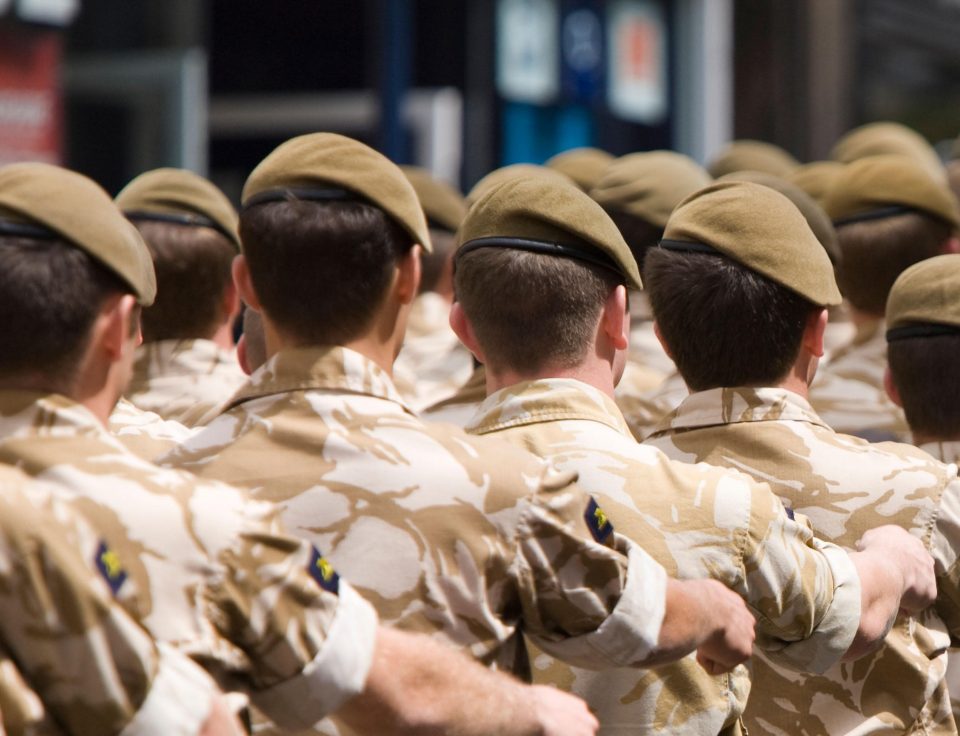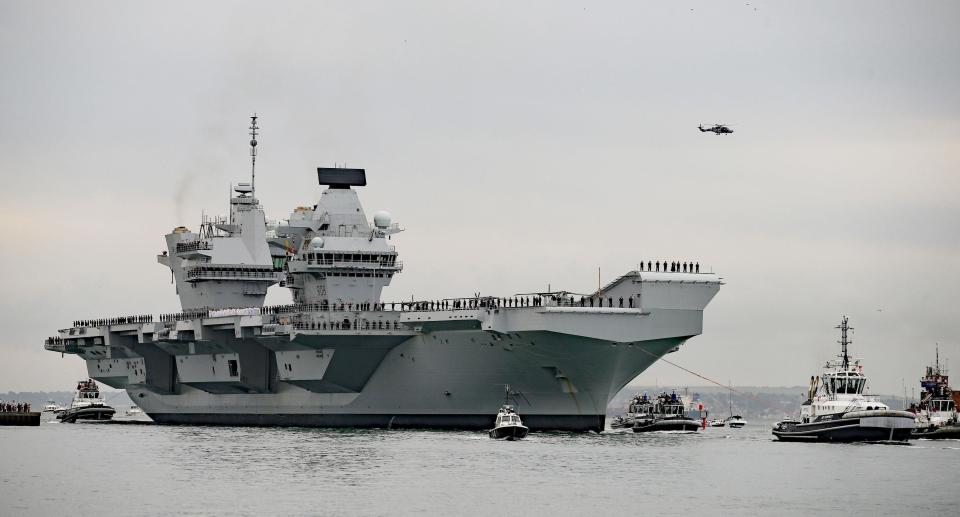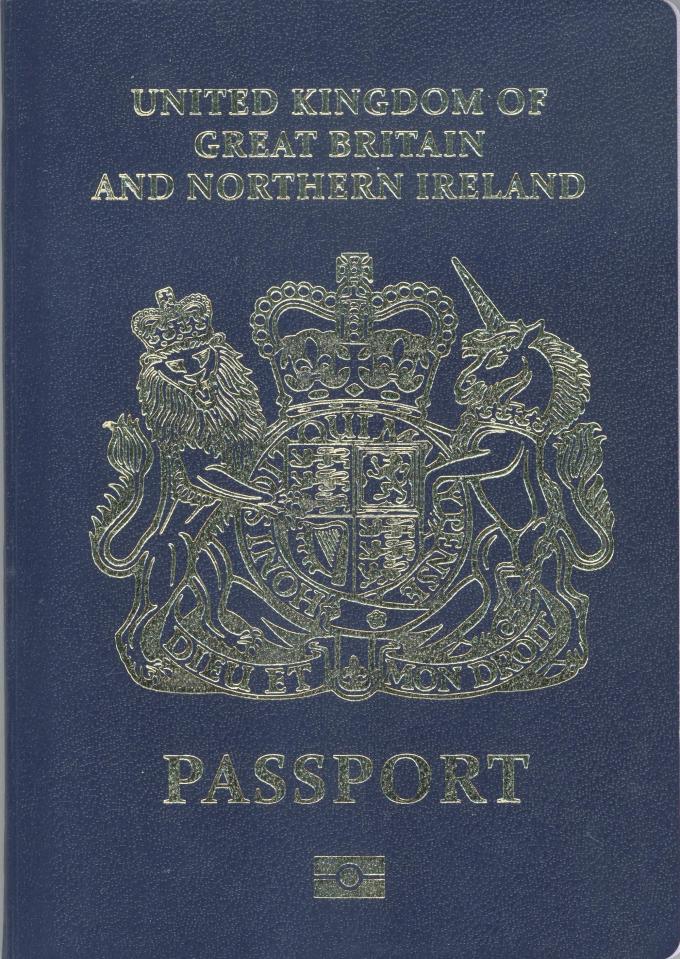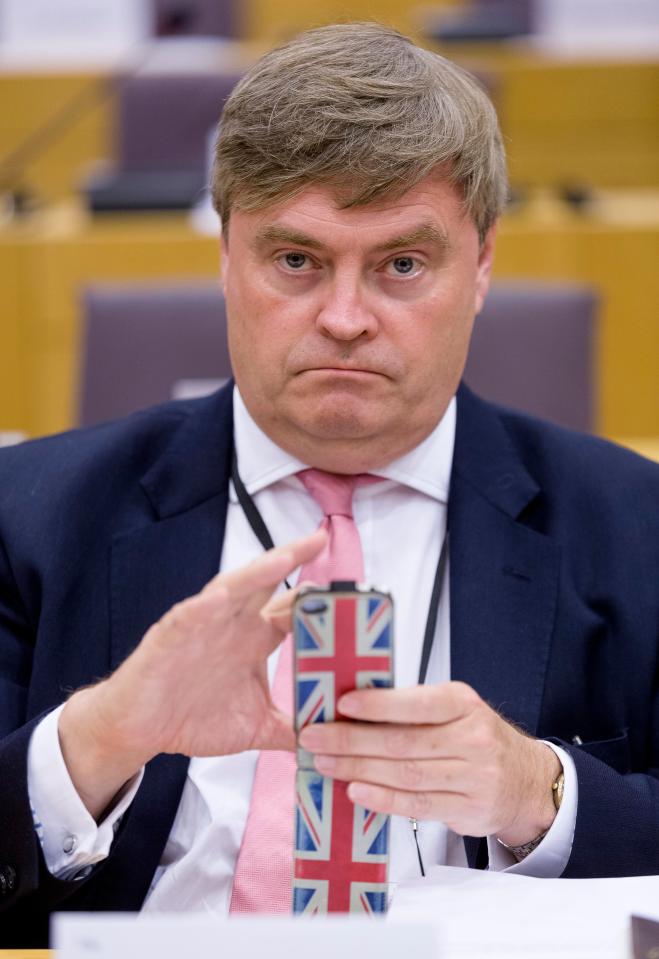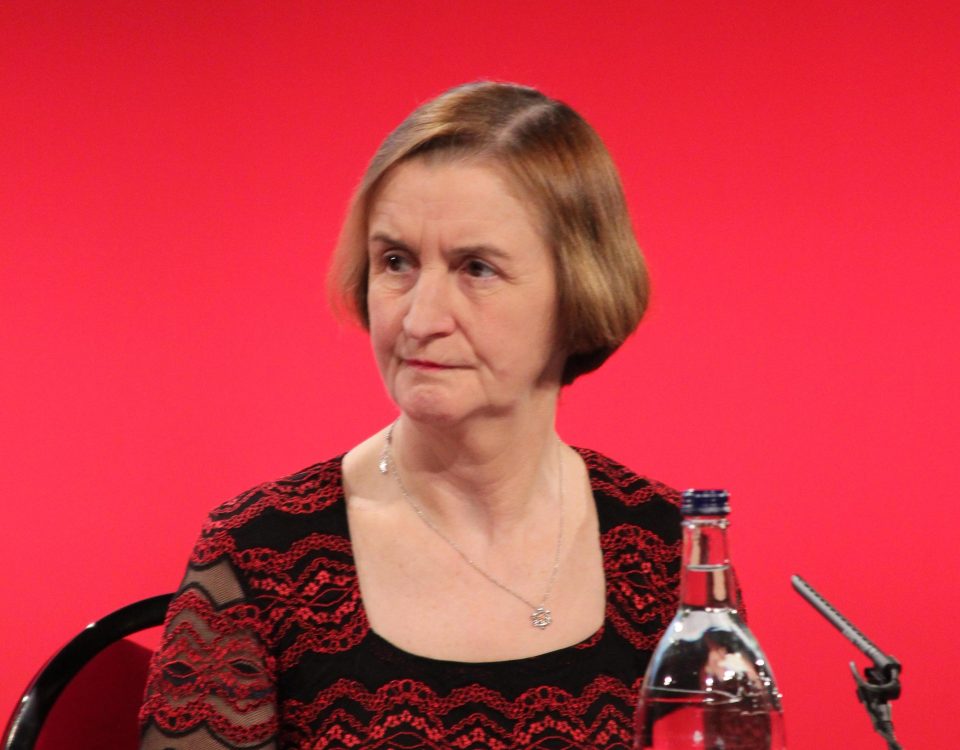Lucrative multi-million pound contracts to make Our Boys’ berets and uniform could go to EU firm
MPs have slammed the Government for not thinking 'British first' after it emerged a multi-million pound deal for Our Boys’ kit could go to the EU

DEFENCE chiefs were blasted after it emerged contracts to make berets and kit for Our Boys could go overseas.
Lucrative deals for the headgear, shirts and even ceremonial uniforms are on a list of tenders put out across the European Union.
A £140million deal for ration packs is also being advertised across the bloc.
A final decision is yet to be taken on any of the contracts.
But it follows a row earlier this summer after the Ministry of Defence had met with shipyards from Germany to South Korea over a £1billion deal for three new Royal Navy cargo ships.
Labour’s Shadow Defence Secretary Nia Griffith stormed: “It looks like the Government has given up on making things in Britain.
“For a contract like this, the Government should first be looking is there is a British company that can fulfil the requirement at a fair price to the taxpayer.
“It doesn’t send a message of confidence if our own Government chooses to look elsewhere as the first option.”
Tory MEP David Campbell Bannerman said that while he didn’t want to be “protectionist”, defence should be a “special area” given the need to ensure security of supply. He added: “I do find it concerning that British suppliers are being undercut in this way.”
Theresa May suffered a British-first backlash in April when it emerged a contract to make the UK’s new blue passports had been awarded to a Franco-Dutch firm. Labour launched a ‘Build it in Britain’ campaign last month – demanding a “fairer future” for UK industry.
MoD sources said that by existing law all contracts have to be advertised across the the UK and EU.
Small UK firms have won key MoD contracts in the past with Wyedean Weaving bagging a four year contract in 2013 for “ceremonial accoutrements”. The Yorkshire company has previously supplied berets to the Royal Bermuda Regiment.
most read in politics
Pooley Sword in Sussex won a £750,000 contract for ceremonial swords and scabbards in the same year.
Military chiefs famously worried about a shortage of binoculars at the start of WW1 as 60 per cent of optical glass came from Germany.
A deal to secure a top-up to supplies was negotiated with the Germans in 1915 – at the height of the conflict – with Britain sending rubber in exchange.
- GOT a news story? RING us on 0207 782 4104 or WHATSAPP on 07423720250 or EMAIL exclusive@the-sun.co.uk


